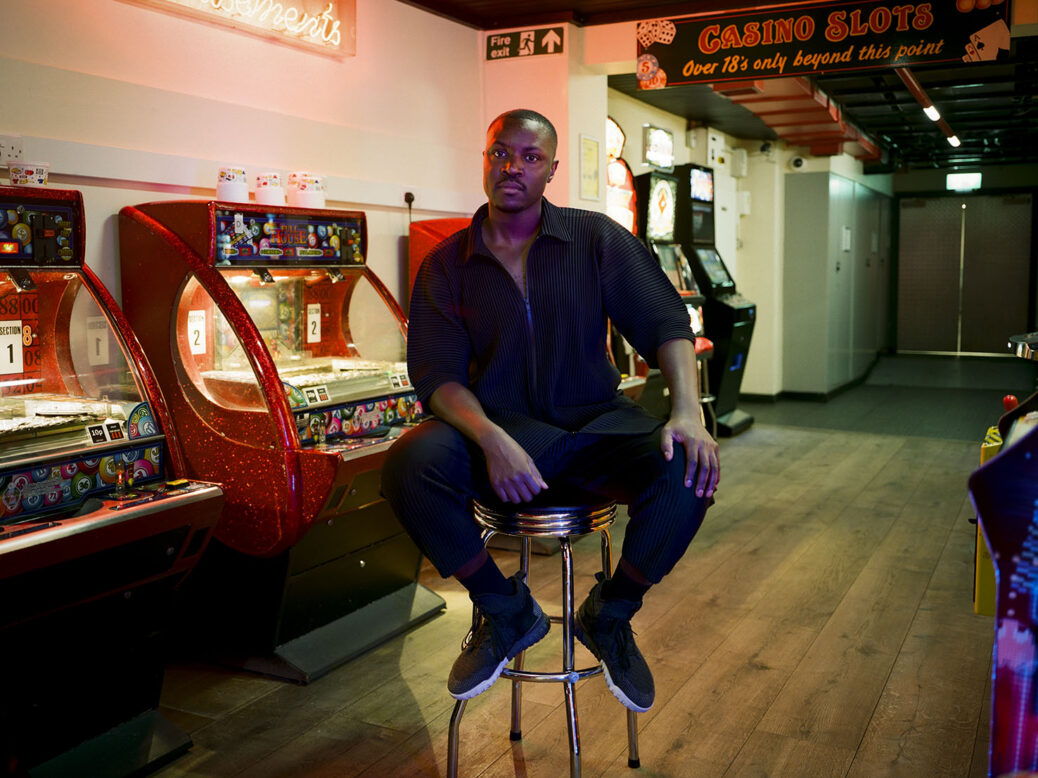
We know that history is always written by its winners – and, in 2022, history is being written in real time by social media influencers. Be it Molly-Mae Hague, the Slumflower or Kim Kardashian, these glamorous figures post day and night about how they hustled hard and gamed the system to attain a lucrative lifestyle. The narrative that dominates tabloids, magazines and books about influencers says that these highly visible, verified quasi-celebrities achieved enormous success through persistence and graft. But for an unregulated industry built on monetising every aspect of people’s lives and needing to do everything it can to keep audiences’ increasingly fleeting attention, can this be the whole story? How has an exploitative business come to be viewed solely through its seemingly benign top 1 per cent?
Get Rich Or Lie Trying, the debut book from the Channel 4 reporter Symeon Brown, which came out on 3 March, is the first serious attempt to expose the hidden darker side of the economy of influencing. Speaking over Zoom from his office in London, Brown explained that he was largely uninterested in covering “blue tick” influencers. “If you really want to understand how a thing works, you should look at history’s losers,” he said. These include a black livestreamer who charges viewers a fee to racially abuse him, garment workers suffering from influencing’s expansion of fast fashion, and victims of multi-level marketing (MLM) schemes and get-rich-quick scams.



